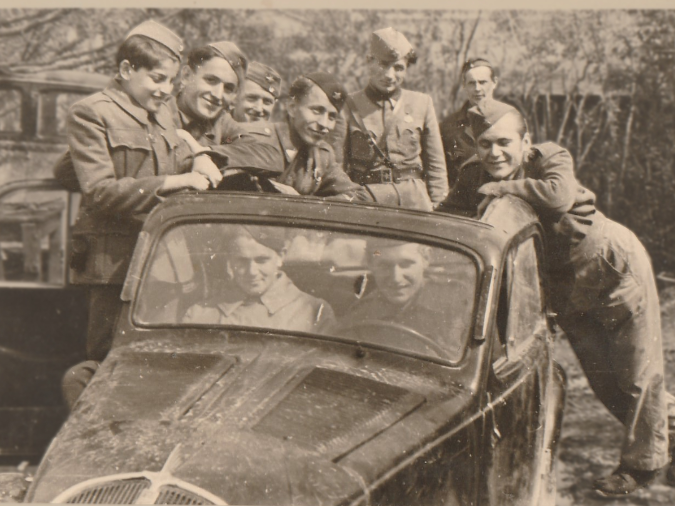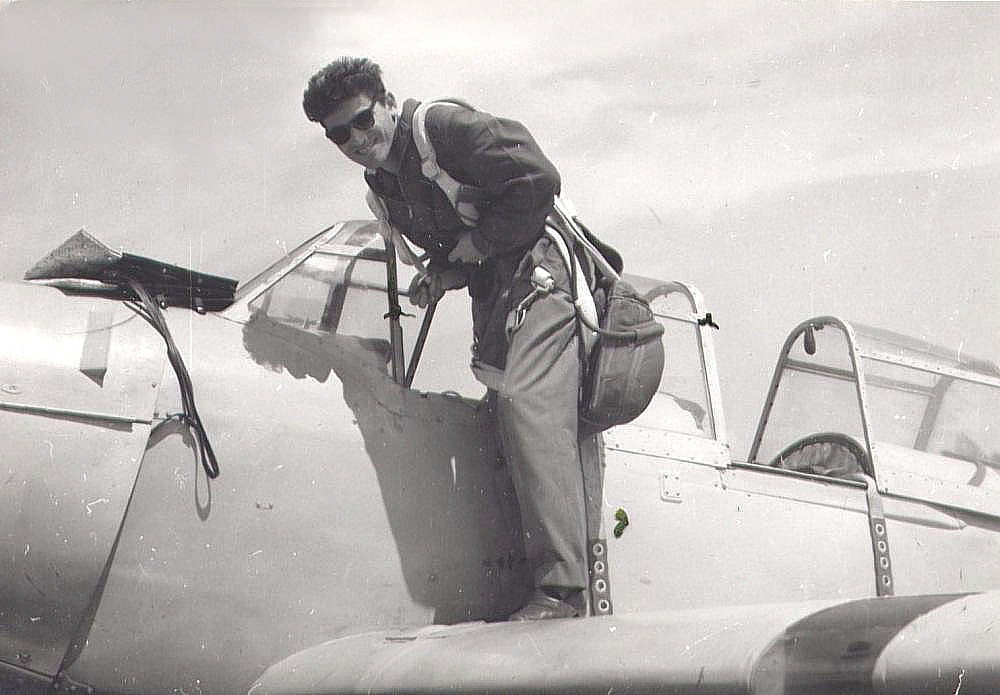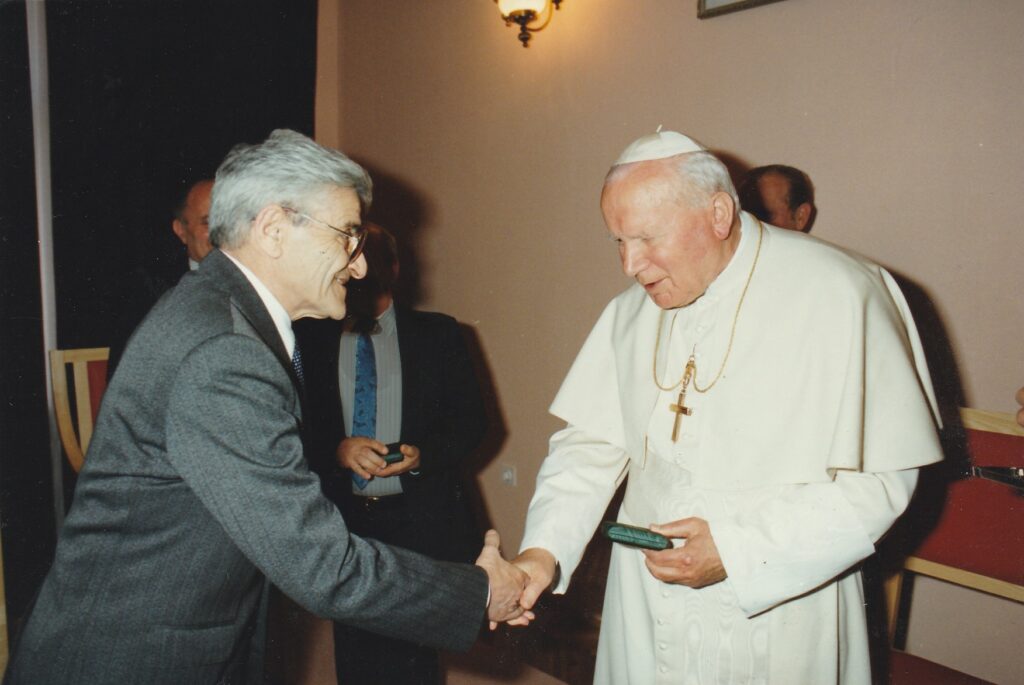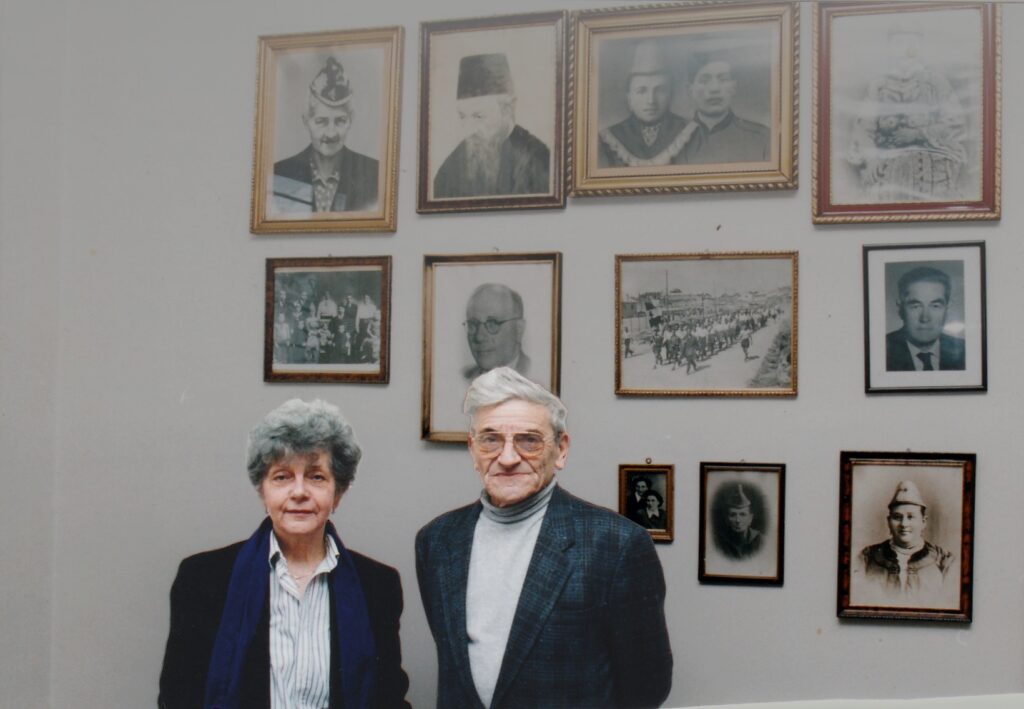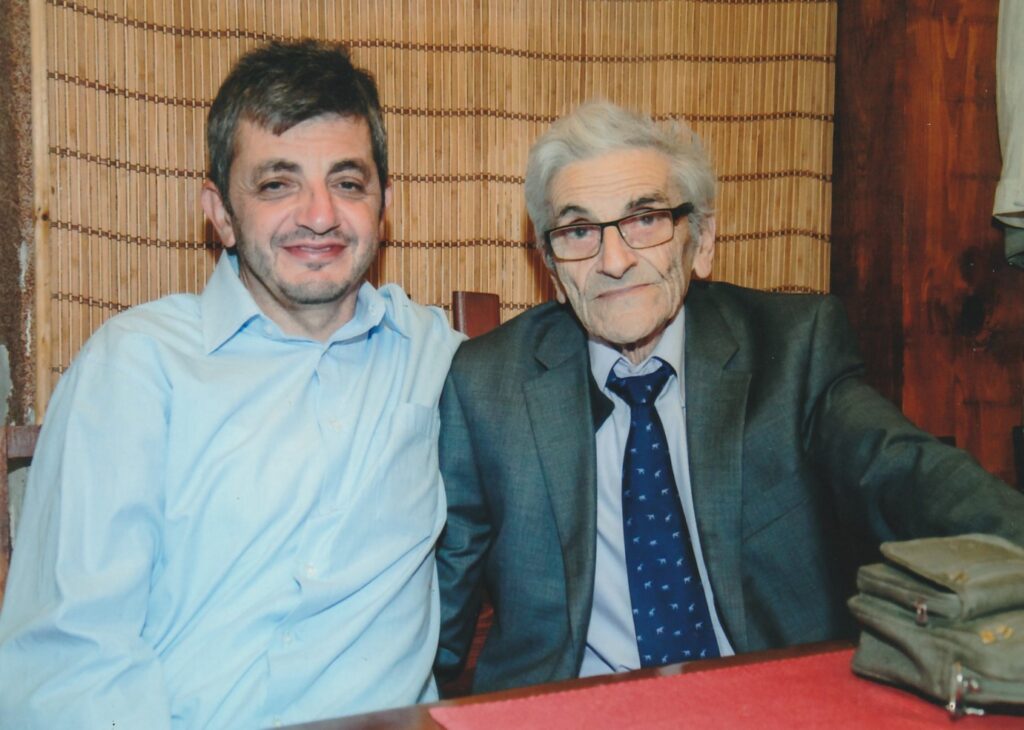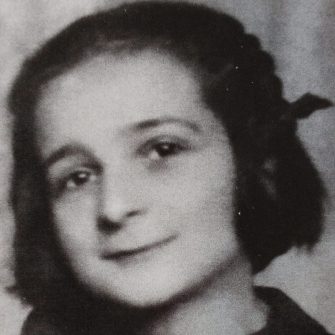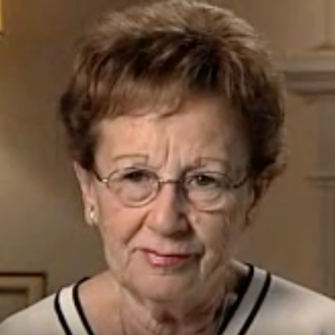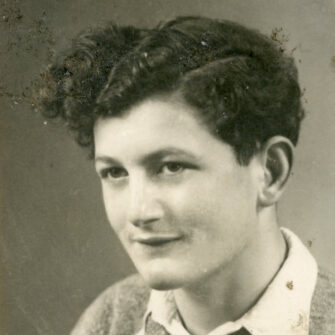Moric “Moris” Albahari was born on October 30, 1930, in Sanski Most, Kingdom of Yugoslavia, to Luna and David Albahari. He had three older sisters: Flora, Rahela, and Judita. After moving to a few different communities, his family settled in Drvar, where Moric’s father owned a successful dry goods store. The Albaharis were the only Jewish family in Drvar, but they maintained their cultural and religious affiliation by attending synagogue in Sanski Most, which had a relatively large Jewish population.
With many extended family members on both sides living in the kingdom, the Albaharis spent holidays and other celebrations together. Their Sephardic family history went back several centuries, having been part of the diaspora escaping the Spanish and Portuguese Inquisitions that began in the late 1400s. They maintained traditions including the use of Ladino, the language with elements of Spanish, Hebrew, Arabic, Turkish, Aramaic, Greek, French, Bulgarian, and Italian developed by the Sephardim during their exodus.
Moric was a bright and energetic boy. His father, who fought in World War I for the Austro-Hungarian Empire against Serbia, gave his son military magazines. Moric relished them and was particularly fascinated by airplanes. He would ride his bicycle around Drvar, pretending to fly his own plane. This passion would continue until he died in 2022.
During World War I, David Albahari fought against one of his brothers who lived in and fought for Serbia. This had been difficult for him, and he often told Moric that war was one of humanity’s major flaws and that it was something he should never be a part of. One of the influential stories Moric would later recount was the time his father saved a wounded soldier by carrying him several miles to a hospital. After the war, Moric’s father received no government or military recognition for his heroism because he was Jewish. This was one of Moric’s first lessons about antisemitism.
In the 1930s, a fascist organization known as the Ustasha began to insert its ultranationalist views into the region, and as the Nazis began to invade countries in Europe, the group allied itself with Hitler and Mussolini. On April 6, 1941, Germany invaded Yugoslavia and quickly toppled the government by April 17. It installed the Ustasha as its puppet government and took control of what it called the Independent State of Croatia and parts of Bosnia and Herzegovina.
The Ustasha’s racial policies aligned with those of the Nazis. After forbidding Jews, Orthodox Christian Serbs, and Roma to participate as full citizens of the former kingdom, the organization terrorized these groups. Bands of Ustasha roved the areas they controlled, murdering their targeted groups and sending hundreds of thousands to concentration camps.
The Ustasha took over Drvar until Hitler annexed the small city to the Italians, who were part of the Axis at that time. Moric was expelled from school for being Jewish. He couldn’t understand it. He asked his father why he was being accused of killing Jesus. In fact, he asked him who Jesus was and why anyone would believe that he or the Jews killed him.
The Albahari’s store was taken over by the Ustasha, who forced Moric’s father to give them most of the profits. They raided the shelves and routinely threatened Moric’s family. In July of 1941, the Albahari Family was arrested and sent to a “collection camp,” where they joined 150 Jews from the City of Bihac. The camp was surrounded by barbed wire, and the living conditions were poor. The threat of murder and rape hung over their heads. Some of the prisoners were victims of the Ustasha’s cruelty.
After three months in the camp, the prisoners were sent by truck to a nearby city and then transferred to a cattle car bound for the death camp, Jasenovac. Though statistics have been buried and revisionism abounds in many sectors of Croatia today, Jasenovac and the other camps in its system carried out the murders of up to 340,000 Serbs, 30,000 Jews, and 25,000 Roma.
Moric was eleven years old at this time. With the aid of a former music teacher who was a Ustasha soldier, he escaped transport to Jasenovac, leaving behind his parents and his sister, Judita. He was placed in the care of an Italian colonel whom the teacher knew. Living with a Serb family back in Drvar under an assumed Serb name, Moric was protected from harm.
However, as the Germans approached Drvar two months later, the colonel who helped Moric could no longer protect him. The young boy escaped to the mountains of Bosnia and survived for several weeks until being discovered by Josip Broz Tito’s Partisans. Until the end of the war in May 1945, Moric stayed with the partisans and was trained to be a courier and photographer. As an adolescent, he faced harrowing events that no one, especially a child, should endure. He hid his identity from his comrades for fear of reprisals for being a Jew. As a boy, he had to face mortality to fulfill his mission to deliver messages as a courier to other fighting units, often during ever-present danger. He knew that if the enemy caught him, they would torture and kill him.
In an interview for the acclaimed documentary about Ladino called Saved by Language, Moric tells of encountering five American and British pilots who had parachuted out of their burning plane over Bosnia while he was on a dangerous courier mission. With guns pointed at him, Moric raised his hands and asked if any of them spoke German. No answer. Italian? Still no answer. Finally, he asked about Spanish. One of the Americans, David Garinjo, answered, “si.” Because of his ability to speak Judeo-Spanish, Moric could communicate with Garinjo, which saved his life. He brought the soldiers to the safe confines of partisan headquarters.
On another mission, Moric’s partisan comrades were in trenches with machine guns, holding off German soldiers coming up a hill to attack their headquarters. Moric jumped into each trench to deliver his commander’s messages to the fighters as bullets flew around him. He was young and had never wanted to use his gun to kill anyone. However, one of the partisan gunners was wounded, and his partner was dead. The wounded man ordered Moric to position himself behind the stationary automatic weapon and fire at the three German soldiers approaching. Moric did as he was told, and he killed them. However, this was one of his darkest moments, for he had taken human lives, even if they were Nazi soldiers. His bravery was heralded, and he knew he had saved his and his comrades’ lives, but it haunted him until the day he died.
After the war, Moric changed his name to Moris to regain some control over his life. He would later be referred to as Uncle Moco by many, and he left a profound legacy in both the now-dwindling Sephardic community of Bosnia and the community at large. His experiences during the war informed his post-war life in Sarajevo, where he lived out his years as a pilot trainer, a director of the new international airport in Sarajevo, and a humanitarian. He lived a life full of incredible achievements.
Morris married his wife, Ela, in 1961. They had one son, David (Dado), in 1964. Dado lives with his wife, Natasha, in Croatia. Ela remains a long-time resident of Sarajevo, where Moris died in October 2022.
____
Jordan Steven Sher and JPEF volunteer Paulina Cheney wrote this biography. Sher is the author of the upcoming book Dark Shadows Hover, a biographical fiction about Jewish partisan Moris Albahari.

